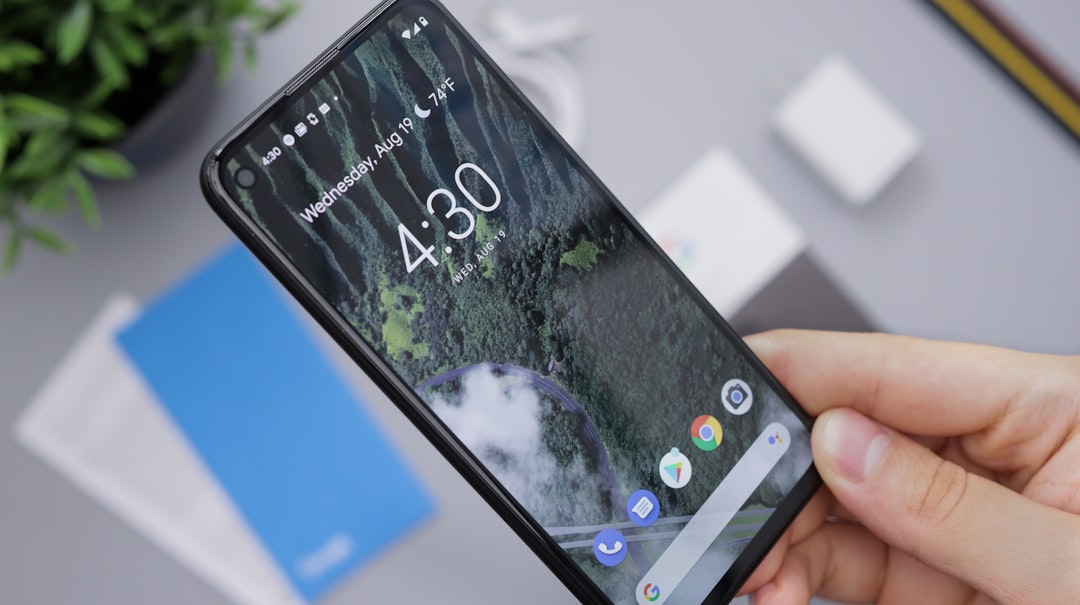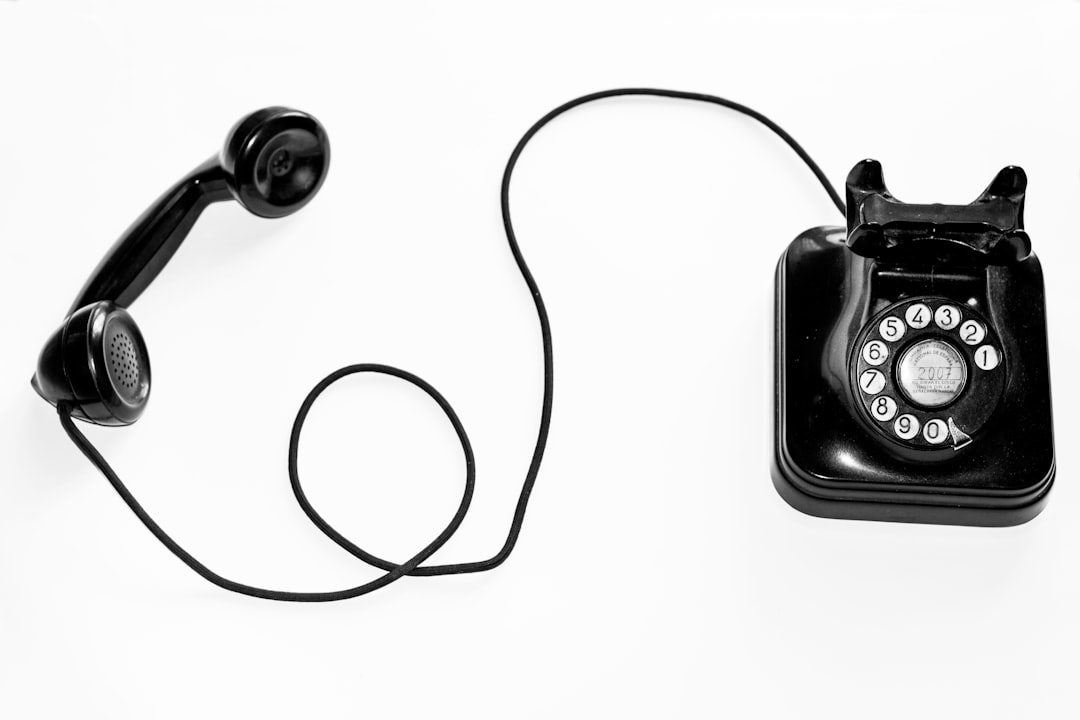Healthcare providers in Rolling Meadows, IL, face stringent data privacy regulations like HIPAA and TCPA. Compliance is vital for protecting patient PHI and preventing legal issues. Auto dialer systems, while beneficial, require careful navigation due to TCPA restrictions. Engaging autodialer lawyers Illinois can offer specialized guidance on consent, opt-out options, and compliance with these laws, ensuring providers maintain ethical practices, avoid fines/lawsuits, and uphold patient trust.
In the ever-evolving healthcare landscape, Rolling Meadows providers must masterly navigate complex regulations like HIPAA and TCPA. This article demystifies these critical privacy and telemarketing laws, focusing on their relevance to local healthcare entities. We explore the implications of non-compliance, highlighting risks for autodialer usage in Illinois. Additionally, we offer practical strategies and best practices to ensure Rolling Meadows providers maintain regulatory adherence, leveraging insights from top autodialer lawyers in Illinois to safeguard your practice.
Understanding HIPAA and TCPA Regulations in Healthcare

In the healthcare industry, adhering to stringent data privacy and security regulations is non-negotiable. The Health Insurance Portability and Accountability Act (HIPAA) serves as the cornerstone of patient privacy protection in the United States. It mandates secure handling of protected health information (PHI), setting forth rules for entities like Rolling Meadows healthcare providers. Compliance with HIPAA involves implementing robust security measures, such as encryption and access controls, to safeguard PHI from unauthorized disclosure.
Additionally, The Telephone Consumer Protection Act (TCPA) governs how healthcare organizations may communicate via telephone, including the use of automated dialing systems or text messages. Autodialer lawyers in Illinois highlight that while TCPA allows certain types of marketing calls, strict do-not-call lists and consent requirements must be respected to avoid penalties. Understanding and navigating both HIPAA and TCPA regulations is crucial for Rolling Meadows healthcare providers to ensure ethical and legal patient communication practices.
The Role of Rolling Meadows Providers in Compliance

In the healthcare industry, compliance with privacy and security regulations is non-negotiable, especially for Rolling Meadows healthcare providers. The Health Insurance Portability and Accountability Act (HIPAA) sets standards for protecting sensitive patient information while ensuring its confidentiality, integrity, and availability. For these providers in Illinois, adhering to HIPAA’s rules on data protection, patient consent, and privacy rights is essential to maintain the trust of their patients.
Rolling Meadows healthcare providers also need to navigate the Telephone Consumer Protection Act (TCPA), which regulates the use of automated dialing systems and text messaging. Autodialer lawyers in Illinois highlight that TCPA compliance is crucial when using technology for communication with patients, ensuring that marketing calls or texts are made with proper consent and allow recipients to opt-out easily. Balancing these two acts—HIPAA and TCPA—is vital for healthcare providers to maintain legal standing and offer modern, patient-centric services.
Automating Communications: Using Autodialers Responsibly

In today’s digital age, healthcare providers in Rolling Meadows, and across Illinois, increasingly rely on automated communication tools to reach patients and comply with regulations like HIPAA (Health Insurance Portability and Accountability Act) and TCPA (Telecommunications Consumer Protection Act). One such tool is the autodialer, which can efficiently manage patient reminders, confirmations, and other communications. However, using autodialers responsibly is crucial to avoid legal pitfalls.
Automating patient communications through autodialers offers numerous benefits, but healthcare providers must ensure these systems comply with both HIPAA’s privacy rules and TCPA’s requirements for consumer consent. Healthcare attorneys in Illinois emphasize the importance of obtaining proper authorization before using autodialers to contact patients. This involves clearly communicating with patients about automated calls, providing opt-out mechanisms, and documenting patient consent to use autodialing services, thereby safeguarding patient data and avoiding potential legal repercussions.
Legal Implications for Non-Compliance in Illinois

In Illinois, non-compliance with HIPAA (Health Insurance Portability and Accountability Act) and TCPA (Telephone Consumer Protection Act) regulations can have severe legal implications for healthcare providers and their legal representatives. These federal laws are designed to protect sensitive patient information and prevent unwanted telemarketing practices, respectively. Failure to adhere to these regulations may result in substantial fines, lawsuits, and damage to the provider’s reputation.
For healthcare organizations utilizing autodialer systems or making outbound calls to patients, it is crucial to understand the restrictions set by TCPA. Violations, such as using an autodialer without prior express consent, can lead to legal action by affected consumers, often resulting in costly settlements. Additionally, HIPAA non-compliance may expose providers to civil and criminal penalties for improper disclosure of patient data, highlighting the importance of engaging specialized legal counsel experienced in healthcare and telecommunications law, especially in Illinois.
Strategies for Staying Compliant: Best Practices for Healthcare Providers

Staying compliant with HIPAA (Health Insurance Portability and Accountability Act) and TCPA (Telemarketing Consumer Protection Act) is paramount for Rolling Meadows healthcare providers to maintain patient trust and avoid legal repercussions. Best practices include implementing robust security measures to protect sensitive patient data, such as encrypting electronic communications and ensuring staff are trained in privacy protocols. Regular audits and employee training sessions can help identify and rectify potential gaps in compliance.
Additionally, healthcare providers should establish clear guidelines for patient consent when using autodialer systems for marketing or outreach purposes. Engaging the assistance of autodialer lawyers Illinois can provide specialized guidance on navigating these regulations. By adhering to these best practices, Rolling Meadows healthcare providers can ensure their operations remain compliant while effectively reaching out to patients and promoting their services.






